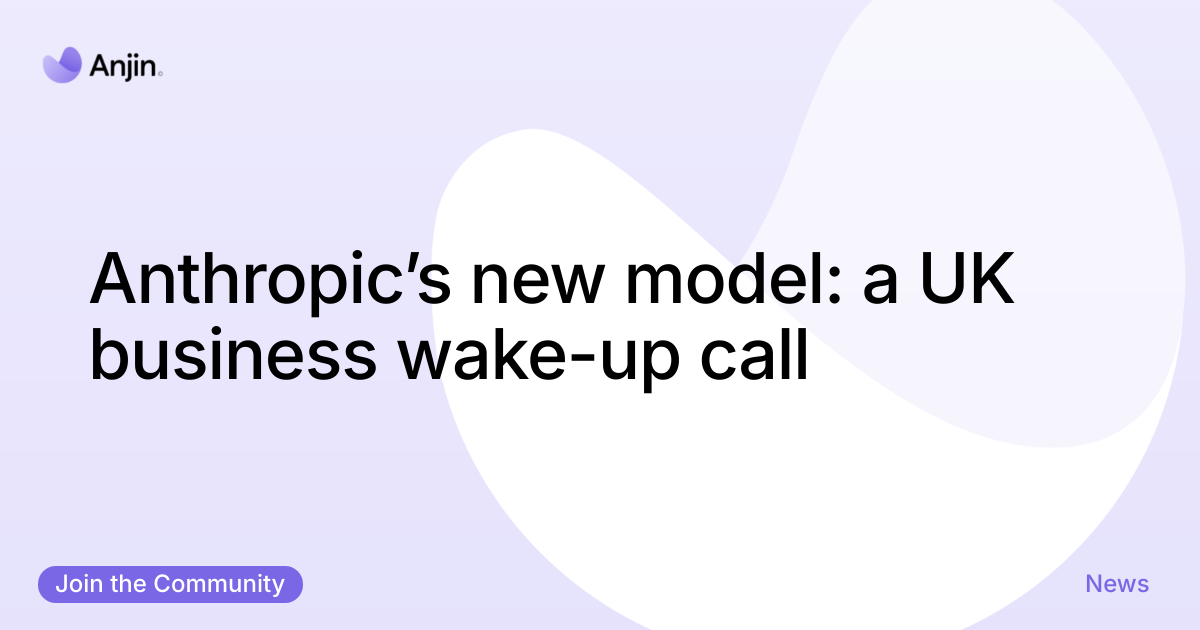From Games to Global Impact
Demis Hassabis’s fascination with intelligence began with chess. A prodigy at 12, he would go on to build chess engines, video games, and eventually one of the most powerful AI companies in the world - DeepMind. His path blended neuroscience, philosophy, and computer science, driven by a singular ambition: to build the ultimate tool for understanding the universe.
That ambition now powers DeepMind’s next chapter - developing AGI: artificial general intelligence, capable of reasoning, adapting, and learning in ways indistinguishable from human cognition.
What Is AGI - and Why Does It Matter?
Unlike narrow AI (which excels at specific tasks), AGI can reason across domains, solve problems it wasn’t trained on, and eventually generate new hypotheses. Hassabis describes AGI as:
“A system that understands the world deeply and is embedded in everyday life - learning, acting, and thinking across contexts.”
DeepMind’s AGI roadmap includes:
- Visual AI agents like Project Astra that interpret and reason about the world in real-time
- Multimodal models like Gemini, which aim to interact, learn, and act across vision, language, and tools
- Humanoid robotics research for physical embodiment
- Scientific breakthroughs in drug discovery and biology
From Thought to Action: What’s Coming Next
Gemini and Astra are already demonstrating early AGI behaviours: interpreting images, making inferences, even storytelling. Soon, DeepMind says, these agents will book tickets, analyse data, shop, and plan - all autonomously.
AGI isn't a 2050 concept. Hassabis predicts:
“By 2030, we’ll have systems capable of generating and solving novel scientific problems — not just responding, but imagining.”
Breakthroughs That Changed the Game
The Nobel Prize wasn’t for a chatbot - it was for solving one of biology’s most complex challenges.
DeepMind’s AlphaFold predicted the 3D structure of 200 million proteins, unlocking solutions in:
- Drug development
- Genetic engineering
- Disease understanding
This leap condensed decades of biological discovery into months - redefining what's possible in health and science.
The Risks of Racing Ahead
But Hassabis is just as vocal about the risks:
- Misuse by bad actors - weaponising AI for disinformation or cyberwarfare
- Loss of control - systems evolving beyond our understanding
- Safety shortcuts - as tech companies compete for dominance, safety protocols may be deprioritised
He advocates for international coordination and transparent governance - including building AI morality systems akin to raising a child: taught, guided, and constantly evaluated.
Can AI Become Self-Aware?
Hassabis is cautious. While today’s models aren’t conscious, he believes:
“A system may exhibit self-awareness - not as we know it, but in a way we don’t yet recognise.”
The key question isn’t just can AI be conscious - but will we know if it is?
From Efficiency to Ethics: Lessons for Businesses
While DeepMind aims for AGI, the lessons are immediate for product teams, marketers, and businesses:
- Design AI for augmentation, not automation
- Embed moral guardrails before scaling AI systems
- Avoid “universal agents” - use specialised, testable ones
- Invest in imagination and curiosity, not just prediction
- Balance left-brain AI (logic, data) with right-brain creativity
As Hassabis warns, overtraining AI on existing data risks a creative collapse - where innovation slows, and every brand sounds the same.
Final Thought: Radical Abundance or Runaway Risk?
Demis Hassabis believes AI could eliminate scarcity, cure disease, and reimagine learning. But only if we proceed with intent.
The path to AGI won’t just be about speed - it will be about values, restraint, and wisdom.
At Anjin Digital, we echo that philosophy: build with purpose, optimise for impact, and protect the human edge.
Because the future isn’t just what AI can do. It’s what we choose to let it become.





